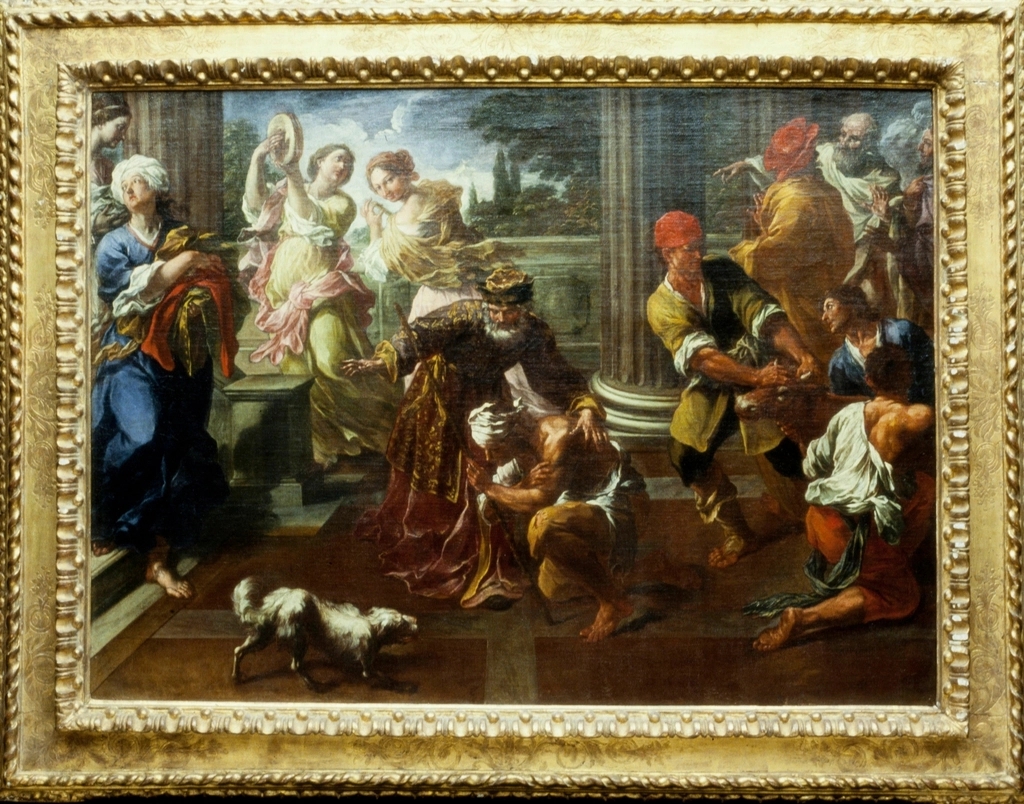
The Parable of the Prodigal Son is a timeless story that holds valuable lessons, especially when viewed from the perspective of the elder son. His experiences and reactions shed light on significant aspects of human nature and spirituality that continue to resonate deeply with readers.
Firstly, the elder son’s sense of entitlement serves as a cautionary tale, illustrating the dangers of expecting rewards based solely on loyalty and hard work. His reaction to his brother’s return and the subsequent celebrations highlights the potential pitfalls of entitlement, showcasing how it can lead to feelings of jealousy and bitterness when others receive what we believe they do not deserve. This resonates with the challenges many individuals face when grappling with entitlement and its negative impact on relationships and personal well-being.
Furthermore, the elder son’s struggle to comprehend his father’s unconditional love mirrors our own difficulties in understanding and accepting God’s boundless grace. Despite his loyalty, the elder son’s inability to fully embrace the concept of unconditional love reflects the universal struggle faced by many in comprehending and receiving divine grace, which is freely given without regard to our individual merits or efforts.
Additionally, the parable emphasizes the importance of forgiveness, as illustrated by the elder son’s inability to rejoice in his brother’s return. His hardened heart serves as a reminder of the essential role forgiveness plays in our lives, not only for the sake of others but also for our own peace and well-being. This powerful lesson resonates with readers, emphasizing the transformative impact of forgiveness on personal growth and harmonious relationships.
Moreover, the father’s reassurance to the elder son that “all that is mine is yours” serves as a poignant reminder of the inherent value each individual possesses. Similarly, we are encouraged to recognize our worth in the eyes of God and embrace the abundant blessings and love available to all, irrespective of our past actions or choices. This message of inherent value and divine abundance offers hope and reassurance to readers, inspiring them to embrace their worth and the countless blessings available to them.
Finally, the parable underscores the profound joy found in reconciliation and restoration, both in our relationship with God and within our interpersonal connections. The elder son’s missed opportunity to partake in the joy of his brother’s reconciliation serves as a compelling reminder of the immense happiness and healing that accompany acts of reconciliation and restoration. This resonates deeply with readers, reinforcing the transformative power of forgiveness and the profound joy inherent in renewed relationships and spiritual reconciliation.
In conclusion, the Parable of the Prodigal Son, particularly when interpreted from the elder son’s perspective, imparts timeless wisdom regarding entitlement, unconditional love, forgiveness, inherent value, and the profound joy of reconciliation. These lessons continue to hold great significance for individuals seeking spiritual and personal growth, offering invaluable insights into the complexities of human nature and the boundless grace of divine love.
